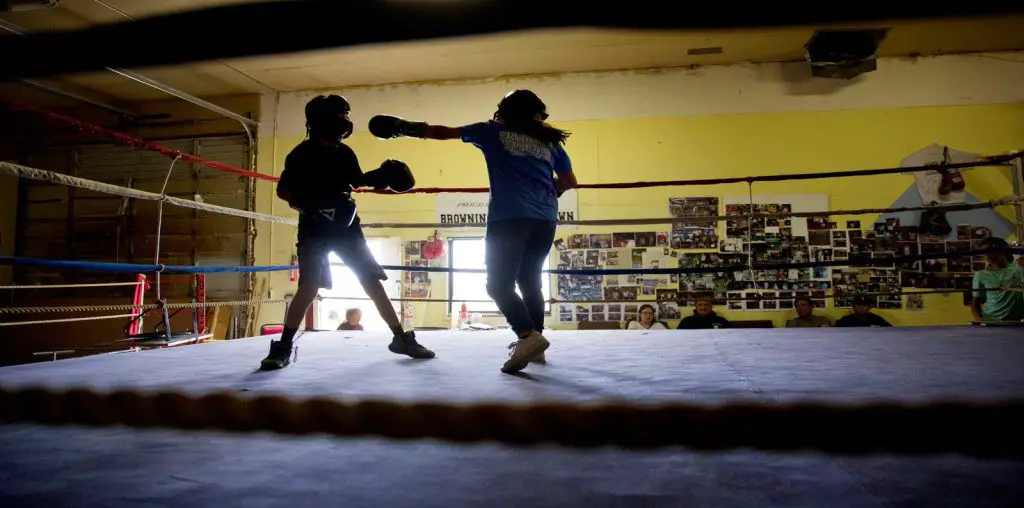
The comedy sensation of the summer is coming soon to a theater near you and the latest laughers from Ben Stiller, Anna Faris or Brad Pitt can’t even begin to hold a candle to it. The movie’s star? The Dalai Lama.
Don’t get me wrong. The Nobel Peace Prize winner and spiritual leader of the Tibetan people does nothing to demean himself in director Khashyar Darvich’s documentary, “Dalai Lama Renaissance.” On the other hand, just about every other human being who appears in the film makes absolute fools of themselves.
Here’s the deal: Way back in 1999 (no explanation is offered for the near decade-long delay in putting the picture out) a chap named Wayne Teasdale came up with a plan for transforming the world and basically solving all the problems of the human race. He had an acquaintanceship of some sort with His Holiness and determined that the key to world peace lay in rounding up 40 of the planet’s most innovative thinkers from a mix of fields (how that mix was determined is likewise never explained), bringing them together at the DL’s headquarters in the North Indian Himalayas to brainstorm and then running their recommendations by the holy man for approval.
And, of course, the whole thing does on the surface sound like a noble enough lark. What harm could possibly come from a roomful of scientists, teachers, poets, painters, theologians and psychologists hashing out over a period of days a strategy for saving the world? None, certainly. Chaos? Now that’s another matter.
Picture the most disorganized business retreat or out of control school board meeting you’ve ever attended and multiply the mayhem factor by about, uh, 40. The conference is held under the auspices of an entity called The Synthesis Group and its leaders are a well meaning but oblivious gaggle of bureaucrats who seem less concerned with the future of humankind than with the order in which attendees will be permitted to speak.
Clearly, Darvich believed that the movie he was signing on to make would chronicle a milestone moment in history, a moment in which science and religion would converge to offer the world a new and improved approach to spirituality. What he wound up with – through no fault of his own – however, plays more like a Monty Python parody of new age workshops. Remember the scenes in “The Life of Brian” where John Cleese, as the leader of the People’s Front of Judea, never quite gets around to planning a strike against the Romans because he’s too busy fussing over meeting protocol and rules of order? There are scenes here every bit as comically absurd.
Despite their undeniable brilliance, the participants at the summit never come close to agreeing on a workable agenda, much less achieving the world-altering Synthesis of expertise they’ve traveled so far to forge. Cosmochemists and quantum physicists bicker and interrupt one another like ill-mannered schoolchildren from the start and, as the days pass and egos fail to be checked at the door, it seems ever more likely that their audience with the Dalai Lama is doomed to prove a time-wasting travesty. It’s like “The View” with PhDs. Only by this point, it’s too late for the poor director. He has no choice but to keep rolling and hope the day will somehow be saved.
If you’ve ever met him or watched footage of him, the first thing you notice about His Holiness is that he laughs constantly. Giggles really. He gives the impression of caring profoundly and possessing great intelligence but at the same time, finding everything cosmically funny. He has ample cause for laughter when the day arrives for the group to present the fruit of its deep thinking. What did it come up with? The idea of supporting Tibet by organizing a boycott of Chinese goods. It took 40 geniuses a week to think of that?
If there’s an engaging scene in this film, it’s the one that follows, in which the Dalai Lama patiently explains why he can’t sign off on the plan. He’s concerned with all humanity, he points out, not just Tibetans. The last thing he’d want to do is make life harder for someone living in China. He says this very clearly. The proposal is very obviously nixed. And then something hilarious happens. The 40 geniuses reconvene and attempt to parse bits of what was said to convince themselves the plan in reality got a thumbs up.
So the whole endeavor proves a bust. But poor Khashyar Darvich has all this film and he’s got to do something with it. And he’s got to package all the infighting and hot air somehow as an inspirational saga-a “cauldron of becoming,” as one participant puts it. A “sacred journey,” in the words of another. So what does he do? He closes the film with a disclaimer stating that “Members of the Synthesis Group felt inspired and changed by their experience” and that “Feeling inspired, the Group took what they learned to their families, friends and communities and to their work.” That it “has reached and inspired millions of people worldwide.” These people must have really big families. I can’t remember the last time a movie made me laugh so hard.
Did I mention it’s narrated by Harrison Ford? You know a documentary about Tibet has serious problems when it can’t even secure the services of Richard Gere.

